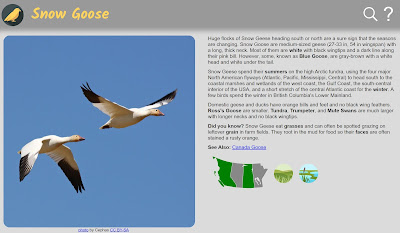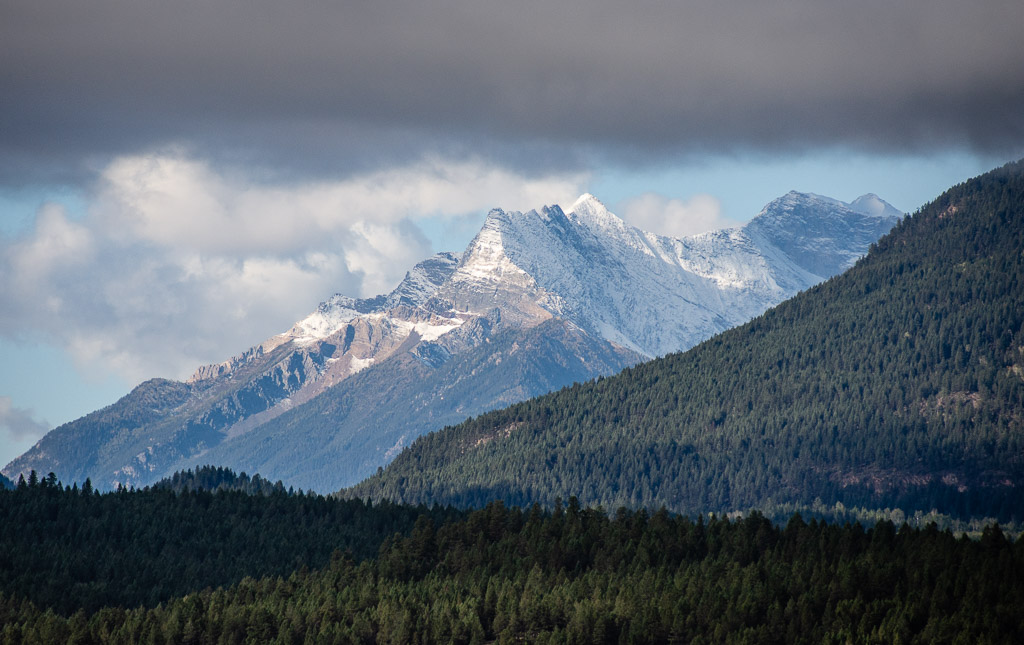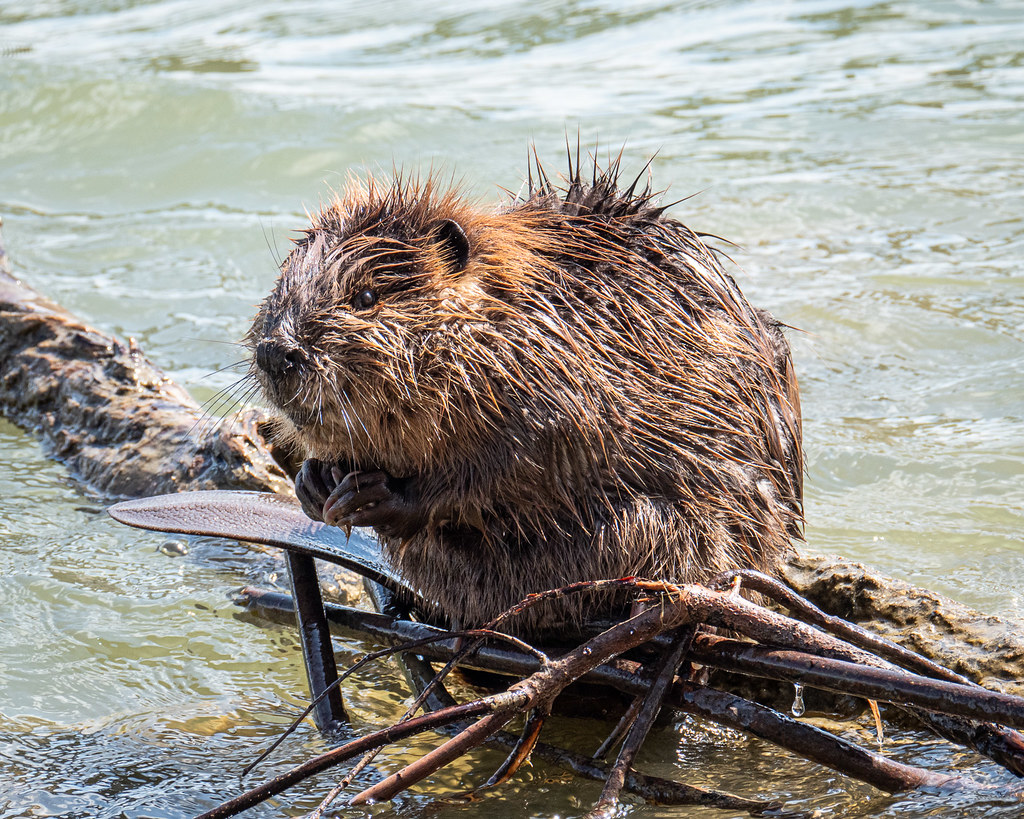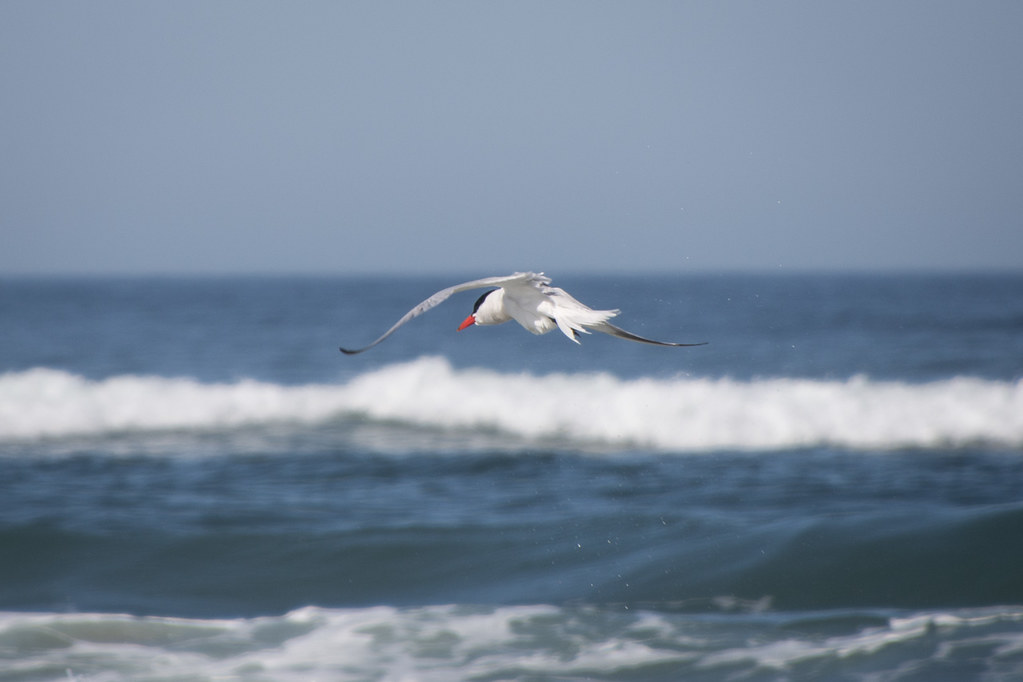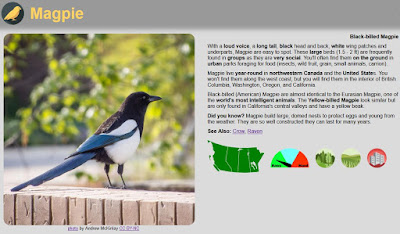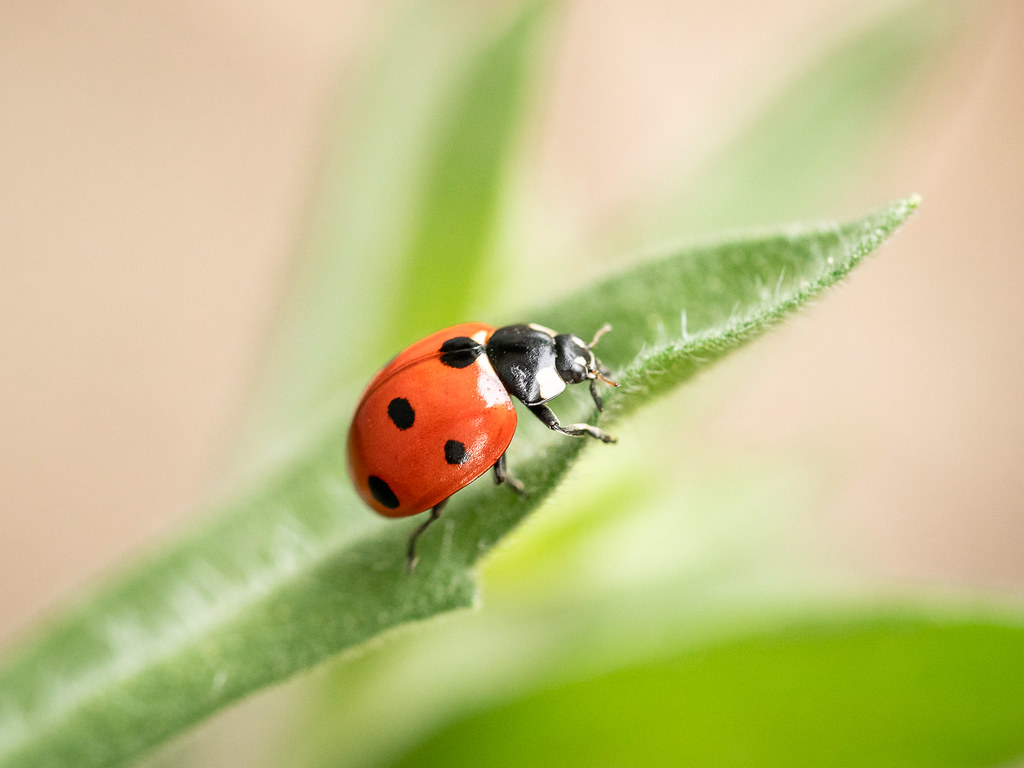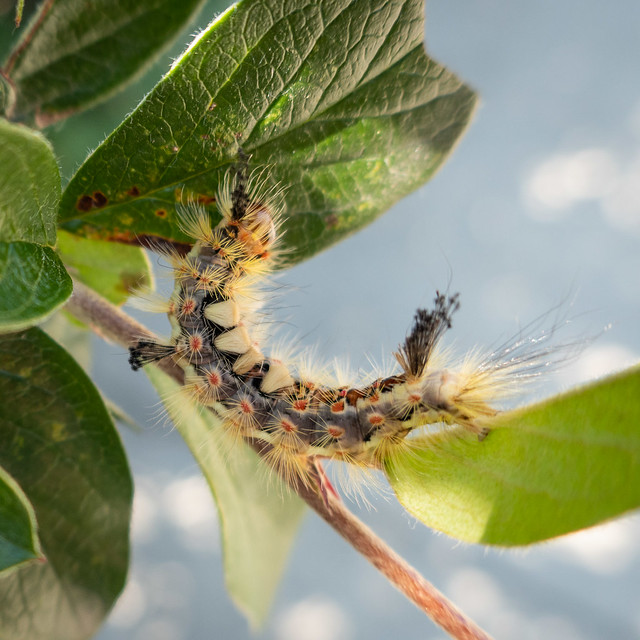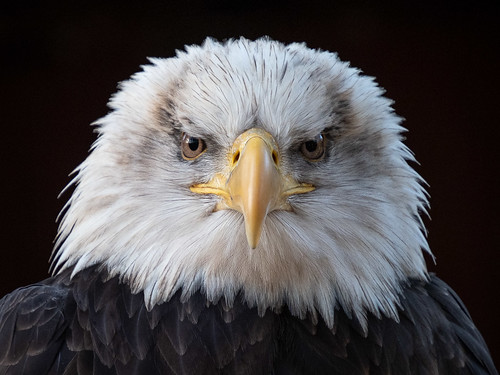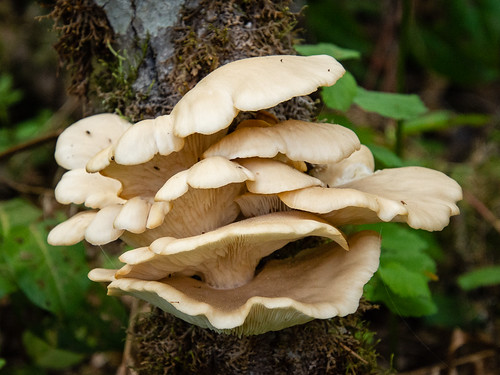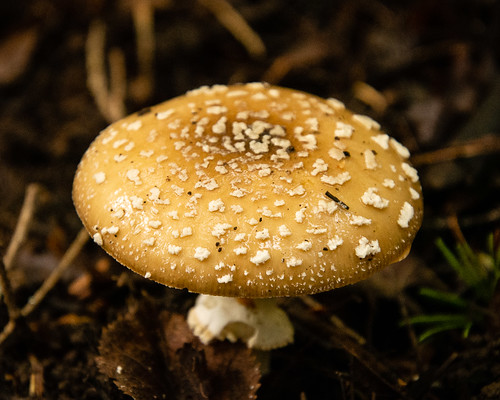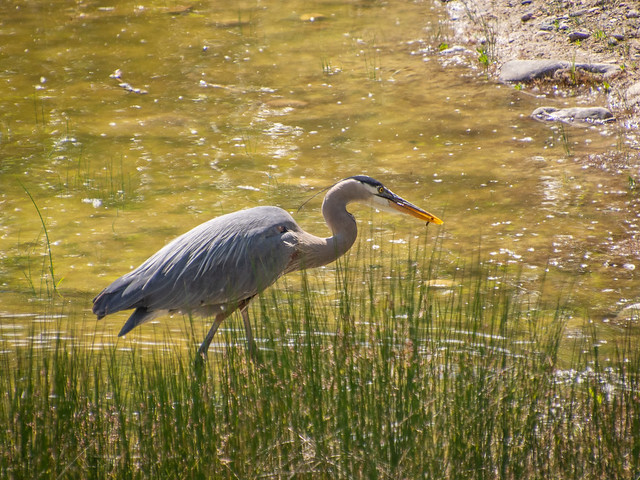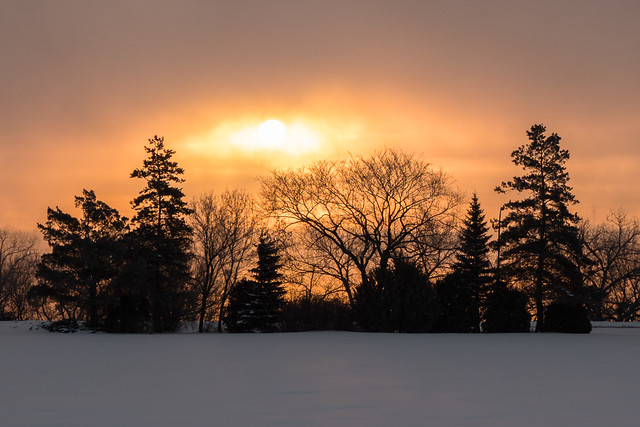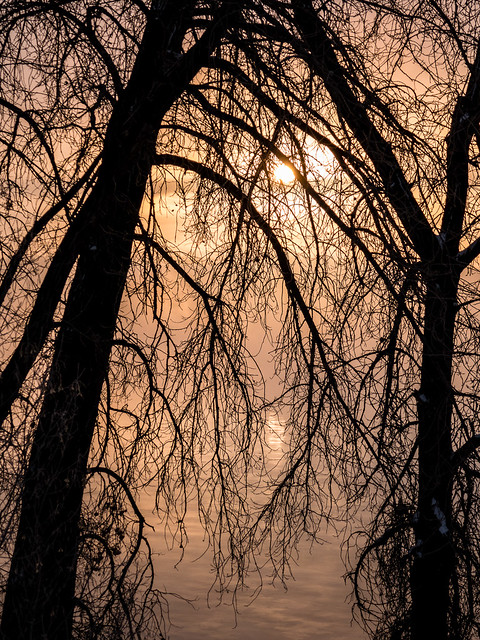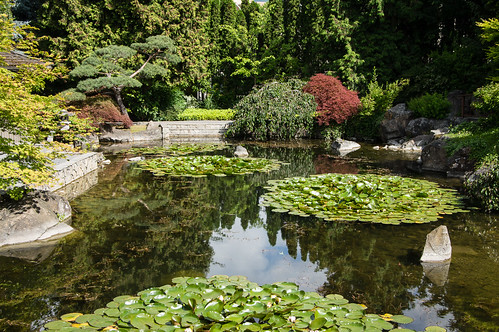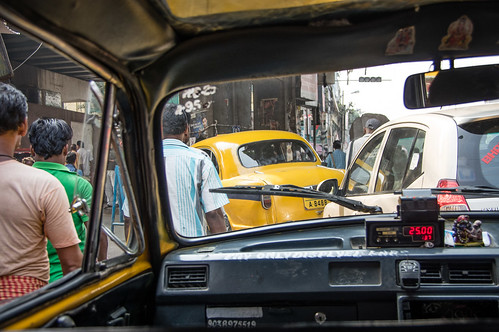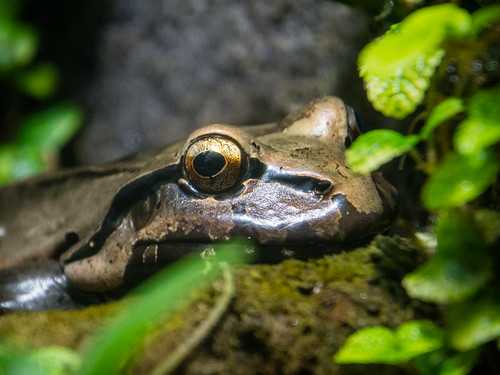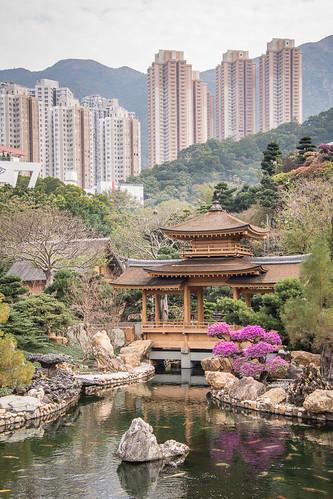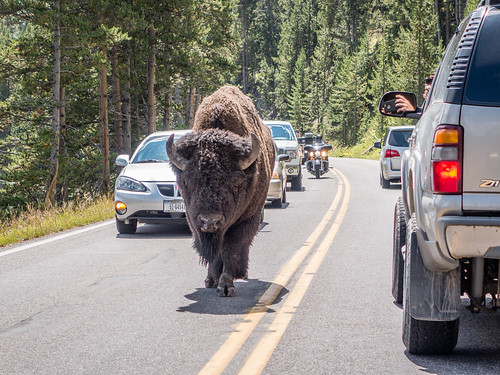“Next time you go for a walk in the woods, pay attention to the sounds you hear – the flow of a river, wind through the trees, singing birds, bugling elk. These acoustic resources are just as magnificent as visual ones, and deserve our protection” (
Rachel Buxton, Colorado State University)
Listen – what do you hear – a baby crying, a motorcycle roaring, a siren, footsteps, a refrigerator humming?
Animals developed ears before vocal cords and “hearing is far more universal than vision.” Noise alerts us to danger, helps us to communicate with each other, and provides pleasure. It’s vitally important for all living beings and yet we’ve taken it too far.
One in four adults in the United States show signs of noise-induced hearing loss and noise pollution is causing stress and damaging the health and well-being of humans and animals.
Our ears are exceptionally sensitive. Microscopic hairs detect vibrations and relay sound to the brain. But if the sounds are too loud, the hairs can bend or break and can never be repaired. Humans can tolerate noise up to 85 decibels (vacuum cleaner 81.1-94.5, weed whacker 94-96) without damage, but anything over 65 decibels (city street corner 70, office noise 70) affects blood pressure, heart rate, and stress hormones in the blood. It’s important to also take into account intensity (loudness), frequency (pitch), and duration.
Let’s take
traffic noise as just one example of the health problems caused by noise pollution. The risk of heart disease is 20% higher if you live on a noisy street, and 50,000 people in the European Union die prematurely from heart attacks caused by traffic noise. You may think you’re getting used to the noise, but that doesn’t change your risk of a heart attack. Often ignored but equally unhealthy is in-vehicle noise pollution experienced daily by commuters, often for extended lengths of time.
The sounds we aren’t even aware of may affect us the most.
Our ears are processing background noises while we sleep. “Even if you don’t wake up, it appears that continual noise sets off the body’s acute stress response. . . . It is this response that can lead to cardiovascular disease and other health issues.”
It’s not just humans that are affected by noise pollution. From spiders and grasshoppers to birds, prairie dogs, and whales,
all living beings are suffering from an excess of man-made noise. Animals use sound to avoid predators, find food or mates, and maintain social relationships. Loud noises can scare animals off their territory, but even low-level noise has a significant impact. European robins have learned to time their singing to correspond to quieter times of the day, while great tits have changed the frequency of their call so it can be heard over low-frequency urban noise. Frogs change their pitch. This helps the animals to make themselves heard, but it may make them less desirable to mates who are judging their virility based on their call’s pitch or complexity.
Background noise may stop baby birds from picking up on auditory cues to sit up and beg when their parents approach with food or crouch down and hide when predators appear. Prairie dogs spend less time looking for food and more time checking for danger when they’re in a noisy environment, and bats, who rely on sound to detect prey, may struggle to find food.
A study in New Mexico found that natural gas compressor sites had far fewer insects than sites without compressors. The number of wolf spiders, who rely on vibrations to detect prey, decreased by 44% for every 10-decibel increase in sound. Even animals that choose to remain in a noisy area may be suffering: “Many animals are living on the knife edge of an energy budget, particularly small animals who work to get enough food and not be eaten . . . . Seemingly small perturbations might just shift things in one direction and could put them on the wrong side of this knife edge."
We may think of oceans as a silent environment, but that’s not the case. Ship noise makes it hard for animals to communicate and to distinguish natural sounds from ship noises. This results in accidental collisions, a significant cause of death for right whales. The oil and gas industry uses very loud pulses of sound to detect oil or natural gas, and these can chase animals away from the area. Pulses of high frequency sound from military sonar are so powerful that “whole groups of whales and dolphins can beach themselves to escape the auditory assault. They can also disrupt communication and feeding behaviours and cause temporary hearing loss and permanent tissue damage.”
Parks and wildlife areas aren’t immune from noise pollution. A study of 492 protected areas in the US found that “human-caused noise pollution was twice as loud as natural sounds in 63 percent of the areas surveyed — in 21 percent of the areas, some of which were home to endangered species, it was ten times as loud.” The noise can have a major impact on the ecosystem as a whole. If it scares away large predators, the population of smaller prey will increase. If it results in less birds and pollinators, there will be fewer plants and without plant shelter the insect population will decline.
Addressing the Problem
There are many solutions to noise pollution. We tend to address the problem on a case-by-case basis – a neighbour’s leaf blower or nearby road construction, but that may not be the best approach. “Targeting the noise of individuals is ineffective, antisocial, and fails to eradicate the noise that really hurts people: environmental noise. Solutions to that problem must be systemic, requiring a large-scale, collective response across many different targets.” For example,
Germany has banned lawn-mowing on Sundays, and the European Union has placed noise restrictions on household appliances, such as dishwashers and refrigerators. A return to low-tech tools, such as brooms, can significantly reduce noise levels. Bike lanes and rapid transit reduce traffic noise as do
different types of road surfaces.
Limiting use of motorized boats and other recreational vehicles in wildlife areas and encouraging canoeing and hiking will protect wildlife. Shuttle services in popular parks will cut back on vehicle traffic, and noise can be confined to specific corridors by restricting aircraft to routes over roads.
Quiet areas off the major coastal shipping routes could be set aside as wildlife refuges. Sound-reduction methods (sound barrier walls, mufflers, submersed oil pumps) on drill sites could reduce stress in birds.


